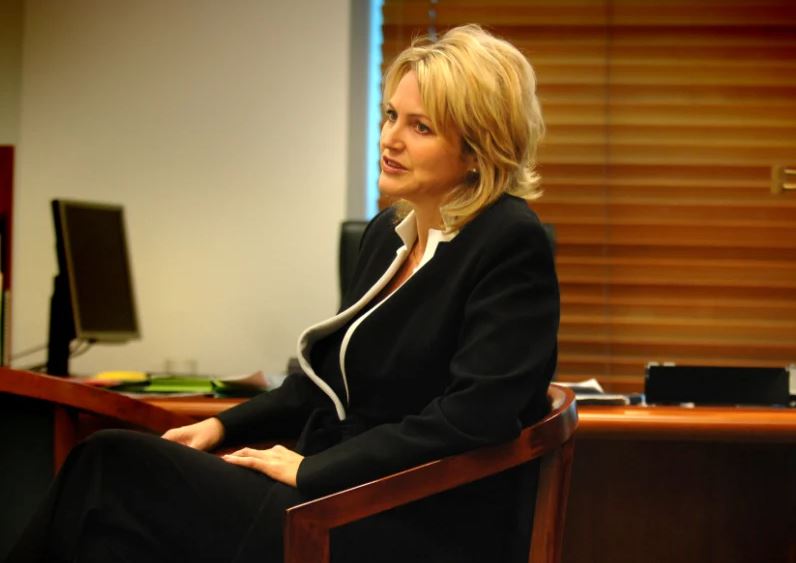Melissa Parke’s decision to step aside from her Labor candidacy for the Perth seat of Curtin under pressure over criticisms of Israel exposes a perennial debate about what limits might be placed on such criticism.
This is a vexed issue for politicians, journalists and commentators in particular. Too often, motives of those offering muted criticism are impugned, or misrepresented.
Too easily, sympathy for the plight of the Palestinians accompanied by an understanding of Israel’s security concerns is mis-characterised.
No reasonable person can pretend other than that Israel is threatened on different fronts, and that on occasions, and perhaps too often, criticism of its actions reflects base prejudices.
However, it is ridiculous to suggest that well-informed criticism of Israel’s settlement policies, for example, or its nation state law that creates two classes of citizens, is born simply of prejudice.
Sadly, and too conveniently, a charge of anti-Semitism is used to stifle reasonable criticism, and, yes, to intimidate those who would question Israel’s actions.
Melissa Parke, whose sympathy for the Palestinians is well documented, is the latest casualty, leaving aside the truth.
In an opinion piece in Sydney’s Daily Telegraph, Jeremy Leibler, the president of the Zionist Federation of Australia, likened criticism (ill-defined) of Israel to a “new anti-Semitism”.
Read the article by Tony Walker in the Brisbane Times.

